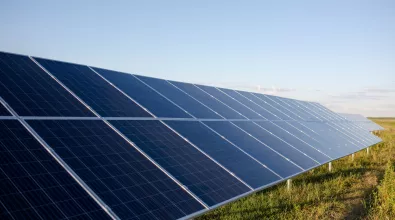
Pearl River Solar Park
Monday 14, February 2022
Installed capacity of 175-megawatts
Project Overview
Pearl River Solar Park is located in the heart of Mississippi in a rural area primarily used as timber land. The project is close to the Bienville National Forest, historic Natchez Trace Trail, Ross Barnett Reservoir, and the Pearl River which flows into the reservoir. Pearl River is one of the largest solar parks by generation capacity in the state of Mississippi.
Economic benefits
Pearl River Solar Park yields significantly in the form of payments to landowners, local spending, and annual community investment. Pearl River Solar Park is also compatible with other land uses and provides a stable form of income to local landowners.
$1.4+ million
Total project impact
$22,600+
Paid to local governments
$255,700+
Paid to landowners
$1.1+ million
Spent locally
Job creation
657 construction jobs and 8 permanent jobs created
Renewable energy technology

Energy security
Energy security
Pearl River will contribute to the national energy security for the state of Mississippi and the U.S., helping diversify domestic supply.

Solar as a neighbor
Solar as a neighbor
Solar projects are essentially silent neighbors designed to capture light while not producing glare.

Solar panel technology
Solar panel technology
Solar panels contain no liquids or materials that would pose a risk to the environment or human health.

222 million gallons of water saved each year
Pearl River Solar Park’s will save more than 222 million gallons of water each year and prevents the air pollution that causes smog and acid rain.
Contact us
EDP Renewables North America
Corporate Headquarters
1501 McKinney Street, Suite 1300
Houston, TX 77010
T: 713.208.8114
1745943577





